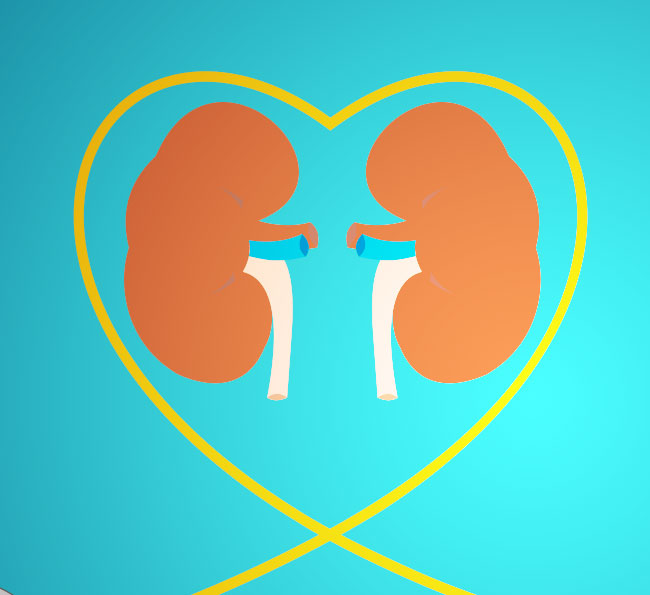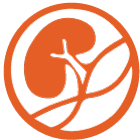
Chronic Kidney Disease

What is Chronic Kidney Disease (CKD)?
Chronic kidney disease includes conditions that damage your kidneys and decrease their ability to keep you healthy by doing the jobs listed. If kidney disease gets worse, wastes can build to high levels in your blood and make you feel sick. You may develop complications like high blood pressure, anemia (low blood count), weak bones, poor nutritional health and nerve damage.
Also, kidney disease increases your risk of having heart and blood vessel disease. These problems may happen slowly over a long period of time. Chronic kidney disease may be caused by diabetes, high blood pressure and other disorders. Early detection and treatment can often keep chronic kidney disease from getting worse. When kidney disease progresses, it may eventually lead to kidney failure, which requires dialysis or a kidney transplant to maintain life.
treatment of chronic kidney disease (ckd)
Pee Dee Nephrology focuses on treating those with chronic kidney disease (CKD). Our physicians have many years of education, residency and practical experience in understanding and treatment of those with CKD. In this section, we review what CKD is and go over the symptoms.
This information is from https://www.kidney.org/
26 Million American Adults
Have CKD and millions of others are at increased risk.
Prevent the progression of kidney disease to kidney failure.
Have CKD and millions of others are at increased risk.
The Leading Cause of Death
In CKD Patients is Heart Disease.
Glomerular Filtration Rate
Also known as GFR is the best estimate of kidney function.
Hypertension Causes CKD
And CKD causes hypertension, creating a damaging cycle.
Protein in the Urine
Called persistant proteinuria generally means that CKD is present.
High Risk Groups for CKD
Include those with diabetes, hypertension, and family history of kidney failure.
Some Groups Have Higher
Risk, like African American, Hispanic, Pacific Islander, American Indian and Seniors are at increased risk.
Three Main Tests Are Used
To identify kidney disease; Blood pressure , urine albumin and serum creatinine.
understanding ckd
What Causes Chronic Kidney Disease?
The two main causes of chronic kidney disease are diabetes and high blood pressure, which are responsible for up to two-thirds of the cases.
Diabetes happens when your blood sugar is too high, causing damage to many organs in your body, including the kidneys and heart, as well as blood vessels, nerves and eyes.
High blood pressure, or hypertension, occurs when the pressure of your blood against the walls of your blood vessels increases. If uncontrolled, or poorly controlled, high blood pressure can be a leading cause of heart attacks, strokes and chronic kidney disease. Also, chronic kidney disease can cause high blood pressure.


